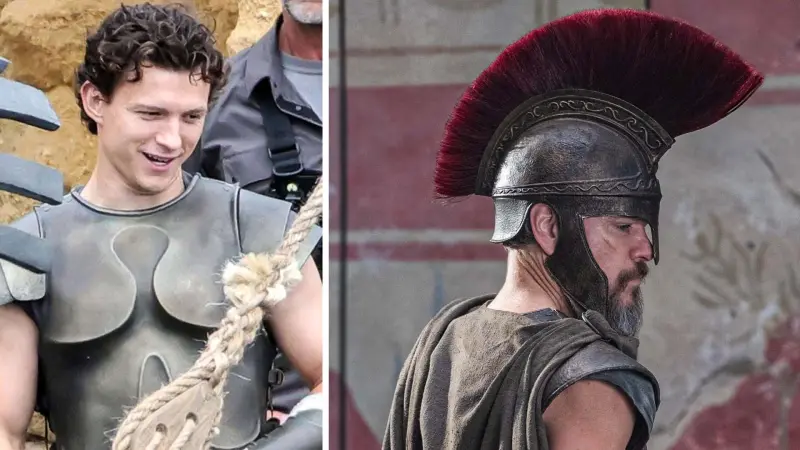Archaeologists have embarked on a quest to uncover the remains of King Khufu, but their search leads them not within the confines of the Great Pyramid, but beneath Giza's Western Cemetery.
The age-old question persists: Was the Great Pyramid truly the resting place of Khufu? This debate divides researchers, presenting a compelling dichotomy. On one hand, it seems fitting that the powerful ruler of Egypt's Old Kingdom would find his eternal repose within the grandest structure ever erected. Yet, on the other hand, one must ponder whether such a conspicuous monument would truly safeguard the pharaoh's mummified remains and treasures from the grasp of tomb robbers.
Indeed, Giza was undeniably a necropolis during the Old Kingdom, boasting an array of mastabas, burial chambers, human remains, and grave goods. But amidst this abundance, the whereabouts of Khufu remain shrouded in mystery. Was the King's Chamber of the Great Pyramid truly his final resting place?
Herodotus, often regarded as the "father of history," purported that Khufu was interred within an underground tomb, where a tributary of the Nile flowed, encircling an island upon which the king was entombed. However, the unfinished Subterranean Chamber within the Great Pyramid does not align with Herodotus's description.
Could it be that Herodotus's account holds a kernel of truth? Might Khufu's sepulcher have eluded discovery for over four millennia, concealed not within the pyramid itself, but in the shadows cast upon the Giza Plateau?
One prominent Egyptologist, Dr. Sakuji Yoshimura, subscribes to this theory, igniting a wave of anticipation as excavations commence. Join us as we delve into the intriguing world of ancient Egypt, where mysteries abound and history beckons from the sands of time. Watch this video to unravel the enigma of Khufu's final resting place.







